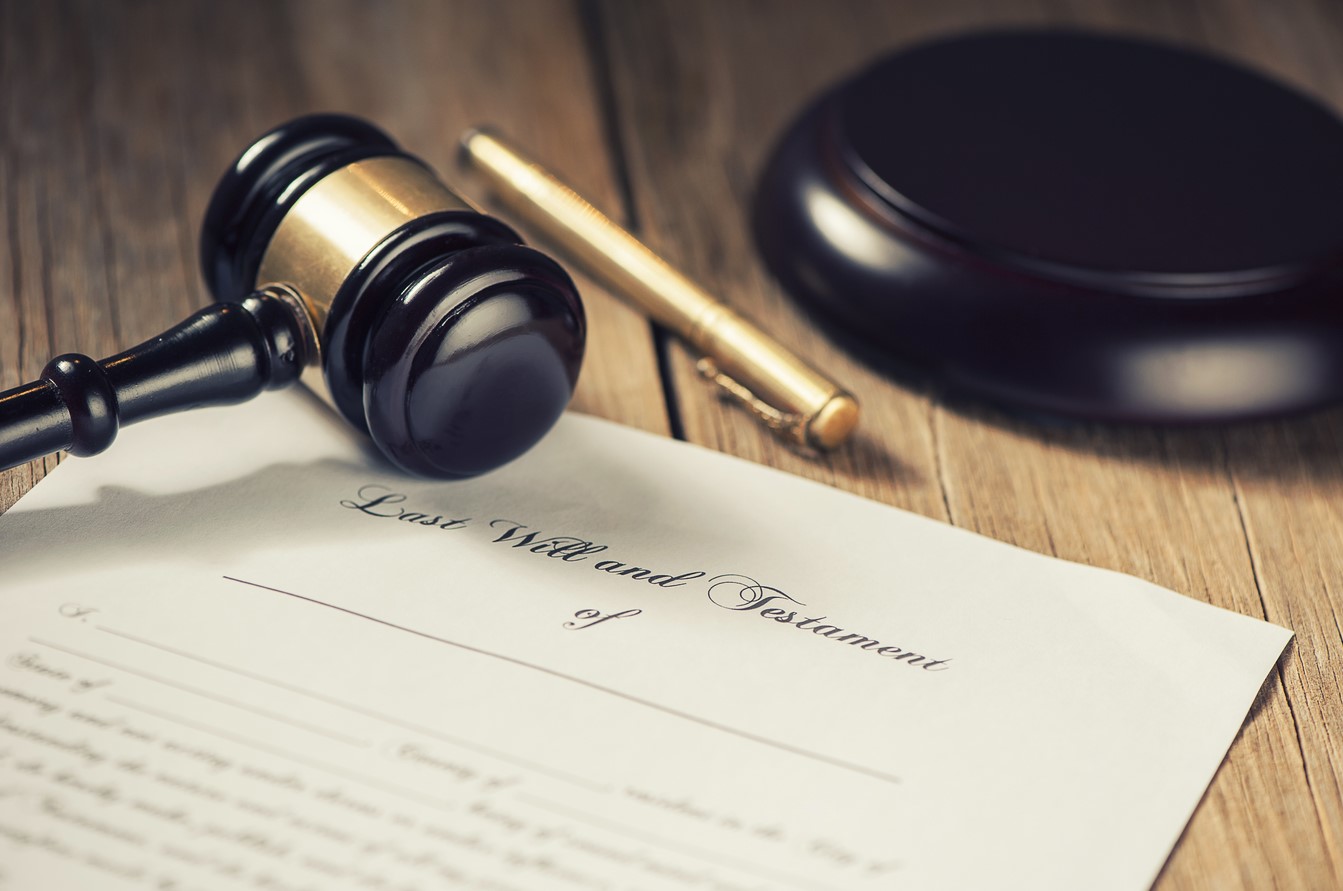Probate Lawyers Play an Important Role in Estate Planning and Completion

The will attorney is an essential part of property planning and estate settlement. Individuals retain probate attorneys to execute their ultimate will and testament. Estate executors can hire lawyers to draft and file legal documents via the court or to help with property administration duties.
Probate lawyers are of two types; Transactional and probate litigators. Transactional lawyers cope with estate-related duties, whilst probate litigators are used when heirs contest the Will or if family conflicts arise. If you experience this, you can reach out to Probate Lawyer Brooklyn NY.
Most people use Transactional legal professionals to submit the last will and testament and death certificate. When decedents die without leaving a Will, Transactional attorneys are required to appoint a property executor and assist in estate contract procedures.
Common estate duties consist of sending creditor notification letters; obtaining affidavits for real property transfers; drafting ‘consent to transfer’ forms for financial accounts; and submitting final tax returns.
Probate litigators are retained to defend the property when heirs contest decedent Wills or if lawsuits are filed against the property during the probate process. They can also be useful in mediating family disputes regarding the distribution of inheritance property.
Some probate legal professionals are qualified to handle transactional and litigation cases. When seeking the services of attorneys it is encouraged to interview three or more lawyers to decide which is best suited for the desires of the estate.
Hiring an attorney to handle property affairs can be difficult to do during the grieving process. It can be useful to work with the lawyer who executed the decedent’s Will. However, it is additionally important to work with a lawyer whose character is suited to the estate administrator. Managing a property can be extremely emotional and working with a lawyer who indicates little compassion or interest can make the process almost unbearable.
It’s important to be prepared when interviewing lawyers. When calling to organize a meeting ask for a list of the required information. At a minimum, legal professionals will require the decedent’s social security number, date of birth, date of death, and legal files including the last will and testament, demise certificate, life insurance policies, tax returns, and property deeds.
It is fine to work with probate lawyers who possess experience in actual estate law when estates consist of sizable real estate holdings. Transferring property to heirs can be a complicated matter and requires specific archives to be filed through the court system.
Individuals can keep away from probate by engaging in property planning strategies before death. The only ironclad way to keep away from probate is to establish trust. However, trusts are generally used when property values exceed $100,000. Individuals with small estates can still protect belongings by establishing payable-on-death and transfer-on-death beneficiaries.






